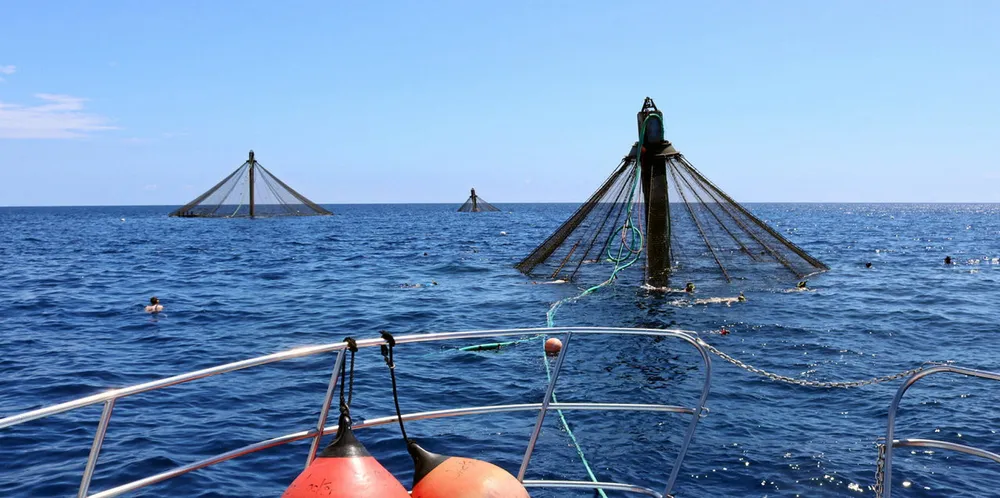Environmental NGO supports US offshore aquaculture -- with caveats
Creating a pathway for offshore aquaculture to become a reality in the United States remains murky, as lawmakers and NGOs can't seem to hash out the details.

Creating a pathway for offshore aquaculture to become a reality in the United States remains murky, as lawmakers and NGOs can't seem to hash out the details.
